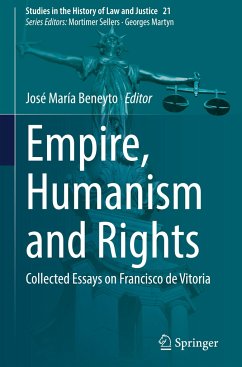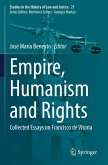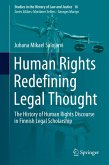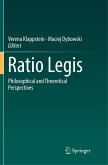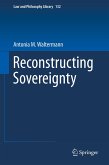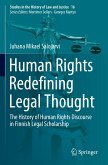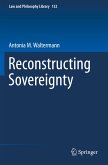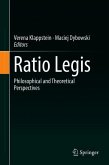This book deals with Vitoria, Charles V and Erasmus. Vitoria's ideas had a major influence on Charles V and his European and American policy. In turn, Erasmus' humanism was decisive in the formation of a new international order intellectually discussed by Vitoria and put into practice by the Emperor.
Shedding new light on the influence of Francisco de Vitoria and Erasmus on Charles V's imperial policy, the book's goal is to explore the impact of Vitoria's thought with regard to the history of, and contemporary issues in, international law, while also comparing his thinking with that of the well-known humanist Erasmus and assessing their respective influences on the imperial policy of Charles V.
Shedding new light on the influence of Francisco de Vitoria and Erasmus on Charles V's imperial policy, the book's goal is to explore the impact of Vitoria's thought with regard to the history of, and contemporary issues in, international law, while also comparing his thinking with that of the well-known humanist Erasmus and assessing their respective influences on the imperial policy of Charles V.

